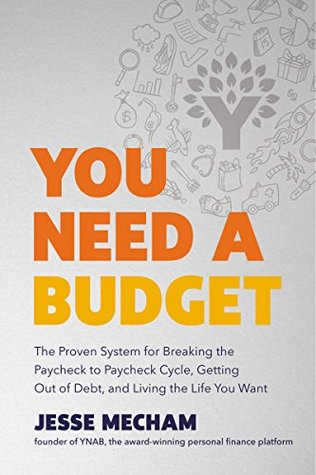More on this book
Community
Kindle Notes & Highlights
by
Jesse Mecham
Read between
January 26 - June 18, 2019
They’re usually quick to decide: nix the new thing or shift their priorities.
I’ve found that when most of us want to quit, it’s because we’re caught up in self-sabotaging behaviors that are actually pretty simple to fix.
A subset of budgeting OCD is trying to be too granular. If you’ve never in your life tracked your spending and suddenly want to track each tube of toothpaste, your budget won’t be sustainable. Sure, break your spending into categories like groceries, utilities, etc., but don’t get lost in the weeds with every little item.
I know sticking with budgeting won’t always be as simple as assigning $5 for doughnut money.
Even if you’re overwhelmed by a sudden expense or income cut, your budget will work as long as you let it flex with you.
If you realize your money is not doing what you want, go back to Rule One. Or even better, wipe out your whole budget and start over. Forget every obligation and goal, so it’s just you and your checking account balance again. With that blank slate, go back again to the big question: What do I want my money to do for me?
budget. They’d already done a version of this
budgeting is not restrictive. It’s quite the opposite.
You’re designing your life around your priorities, and nothing feels better than hitting your goals, no matter how long it may take.
When you’re feeling discouraged, just think of where you’d like to be three months, six months, or a year from now.


